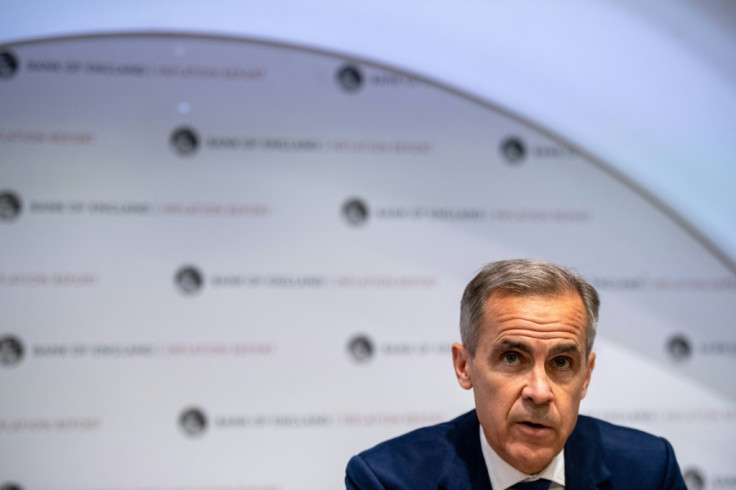After Tory win, now what for UK economy?
Johnson says Brexit will free up the new government to concentrate on trying to grow the stalled economy.
The election triumph by Prime Minister Boris Johnson's Conservatives will likely bring on Brexit and a stimulus kick-start for the British economy after years of punishing austerity.
Below is an outline on what to expect following Thursday's vote.
Given the clear scale of the Conservative majority, Britain's exit from the European Union could finally be pushed through by the end of January.
Johnson says that will free up the new government to concentrate on trying to grow the stalled economy.
Britain's economy avoided recession in the third quarter but there are increasing signs of slowing activity heading into the New Year, according to the latest data.
Gross domestic product rebounded by 0.3 percent in the July-September period after a 0.2-percent contraction in the second quarter, and growth stalled in October as manufacturing and construction slumped.
The Bank of England has upgraded its UK growth forecast to 1.4 percent in 2019, but downgraded 2020 guidance to 1.2 percent.
"It's a victory for relative stability on Brexit and the British economy," Jasper Lawler, head of research at London Capital Group, said in a research note.
"The size of the defeat felt by the Labour Party means the kind of radical changes they had in store for the economy are less likely to ever materialise," he wrote.
"That will be welcome news for investors who are waiting in the wings for some clarity from British politics about the direction it would take the economy."
The Tories have overseen a decade of austerity while in government following the global financial crisis, but Johnson has promised to pump billions of pounds into public services.
However at the same time, the Conservatives have said they do not plan to raise the three main taxes -- income tax, sales tax and national insurance contributions for state benefits -- questioning the party's commitment to fiscal responsibility.
And the outlook for Britain's economy will be determined also by external factors according to experts, especially the China-US trade dispute amid a global slowdown.
One issue of keen interest to foreign investors, who have ploughed into the British property market, is a Conservative vow to make foreign individuals and companies pay more tax on residential purchases.
The scale of the Tory majority pushed the pound to a 18-month dollar peak and to highs against the euro not seen since the June 2016 Brexit referendum.
The London stock market's FTSE 100 index dipped initially at Friday's opening, hurt by the rallying pound's impact on major exporting companies, but was soon up again.
However, experts warned that the hard part is only just beginning in the Brexit talks with the EU, despite Johnson's insistence that a new trade deal can be agreed before a transition period ends in December 2020.
"It took Canada seven years to finalise a trade deal with the EU, so this looks like wishful thinking. Any delays could hit the value of the pound," said Hamish Muress, senior currency strategist at international payments company OFX.
The sterling currency is seen as a better indicator of Britain's economic health than the London stock market, which is loaded with multinationals earning in dollars.
A strong pound therefore tends to weigh on the FTSE 100.
But what about the outlook for index heavyweights such as banking giant HSBC, energy major Royal Dutch Shell and mobile phone group Vodafone?
Capital Economics analyst Hubert de Barochez said equities should recover from a prolonged period in the Brexit doldrums.
"That is because we think that the positive effects from reduced uncertainty surrounding Brexit and higher economic growth would outweigh the negative effects for UK multinationals from an even stronger sterling exchange rate," he said.
The broader FTSE 250 index, which is more weighted with domestic companies, surged in early trade Friday.
Copyright AFP. All rights reserved.

This article is copyrighted by International Business Times, the business news leader




















